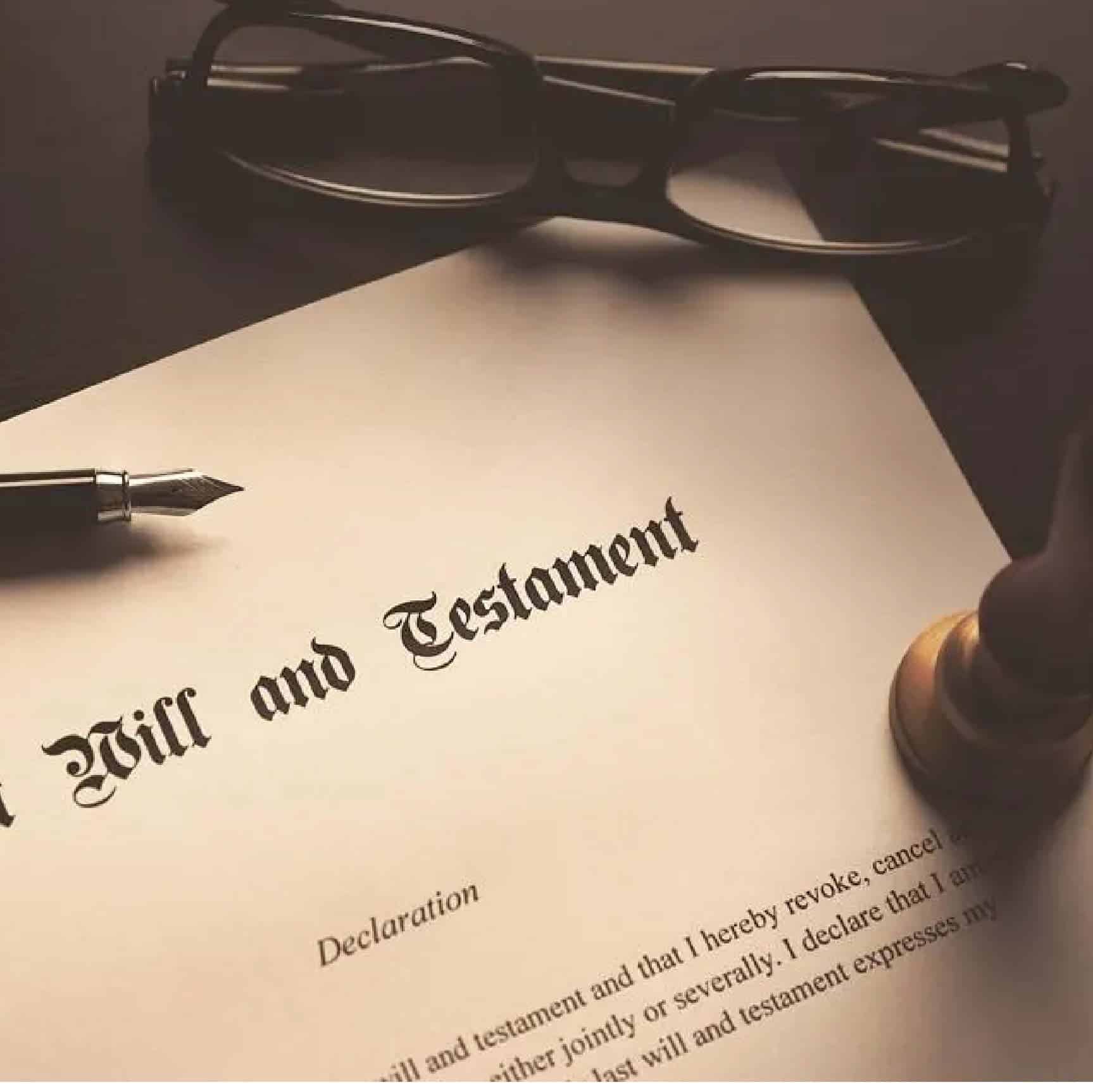Time and again, we have watched as families battle in court for the distribution assets belonging to a deceased estate. This make estate planning an important step in safeguarding your assets and ensuring your wishes are followed after your death. If you pass away without a will your estate will be distributed according to the laws of intestate succession, which follow a strict legal formula that might not align with your personal preferences or wishes
What is a will?
A will, also known as a testament, is a document in which a person (testator) states what should happen to their property, money and possessions upon their death. It’s a document that provides clear instructions as to how an estate should be distributed and ensures that one’s wishes are respected, and it helps reduce conflict amongst loved ones after death. The document also nominates an executor who is responsible for managing the testator’s estate until its final distribution.
What happens if you die without a will?
If you pass away without a will your estate will be distributed according to the laws of Intestate Succession Act, 1978 which follow a strict legal formula that might not align with your personal preferences or wishes. This means that your estate will be divided amongst your surviving spouse, children, siblings or parents.
Beneficiaries you may never have wished to inherit from you might benefit more than those you truly care for. In some cases, the most important people in your life might be left with no legal entitlement to your estate or assets.
If you die ‘intestate’, it can take a long time to officially appoint an executor and the appointed executor might not have been your first choice. Business continuity is impossible until an executor is appointed, which may result in a loss of income.
For parents of minor children if you die ‘intestate’ it means that no trust can be set up for minor beneficiaries and their inheritance will be sold for cash and deposited into the Guardians Fund.
How is the Estate Distributed without a Will?
In South Africa, the distribution of an intestate estate follows a set order of inheritance, which prioritizes spouses and descendants. The key rules are as follows:
- Surviving Spouse Only: If the deceased is survived only by a spouse and has no children, the spouse inherits the entire estate.
- Surviving Children Only: If there are no surviving spouse, children will inherit the estate in equal shares. This applies to biological children and adopted children, but stepchildren may only inherit if legally adopted by the deceased.
- Spouse and Children: When both a spouse and children survive the deceased, the spouse receives either a “child’s share” or R250 000, whichever amount is greater. The remaining estate is then equally divided among the biological and adopted children. A “child’s share” is calculated by dividing the estate by the number of children and the spouse.
- Other Blood Relatives: If there is no surviving spouse or children, the estate will go to the closest blood relatives, including siblings, parents, or other extended family members. If the closest living relatives are distant, the estate may be divided among them equally.
- No Surviving Relatives: Without surviving relatives, the estate will be held in the Guardian’ Fund for up to 30 years. During this period, any unknown relatives may come forward to claim the estate. If no legitimate heirs are identified, the estate will ultimately revert to the state.
Why Having a Will is Crucial and key advantages
A will offers flexibility and legal certainty when planning the distribution of assets. It allows individuals to designate chosen heirs, specify who should receive particular belongings, and appoint guardians for minor children, ensuring that your children are raised by people you trust. It enables the selection of an executor to oversee the estate’s distribution, helping to minimize misunderstandings or conflicts among family members. It guarantees that your property, money, and possession are distributed amongst beneficiaries you choose. In contrast, intestate succession does not account for the deceased’s personal wishes and can result in conflicts among surviving family members who may feel overlooked
A testator may include a fideicommissum condition in their will wherein the initial beneficiary receives property with the requirement that it will pass to an heir after a certain period or upon specific conditions. For example, a parent might leave a house to a child with the condition that it will eventually be inherited by the grandchild. This condition helps preserve family assets across generations.
Another advantage of a will is that it allows for the creation of a trust to manage assets for minor children until they reach a suitable age. By appointing a trustee, the testator can ensure the inheritance is used for the children’s needs. Without such a provision, any assets inherited by minors would likely be managed by the state’s Guardian’s Fund or a court-appointed guardian, limiting access to funds and delaying distributions.
A testator can furthermore outline specific terms or conditions attached to an inheritance. Testator could for example give a condition that a beneficiary may only receive their inheritance upon obtaining a university degree or reaching a certain age. These conditions must however remain reasonable and lawful in order to be valid.
Requirements for a Valid Will
For a will to be legally valid, it must adhere to the formal requirements set out in the Wills Act 7 of 1953.
- The testator must be 16 years or older and mentally capable of understanding the will’s implications.
- The document must be in writing, signed by the testator and two competent witnesses at the same time. When a mark, rather than a signature, is used, a Commissioner of Oaths must be present to confirm the Testator’s identity and to verify that the will belongs to the Testator. Failure to meet these requirements can result in a will being declared invalid.
Challenging the Validity of a Will
Even when a will exists, its validity can be disputed. Common grounds for contesting a will include non-compliance with the Wills Act’s formalities, fraud, forgery, or undue influence on the testator. The courts generally try to uphold the wishes of the testator, but they may rule against the will if there is sufficient evidence to prove on a balance of probabilities that it was not created voluntarily or does not reflect the deceased’s wishes. If a party wishes to dispute the validity of a Will, that party carries the burden of proof to support their claim.
Conclusion
It is in your best interest to have a valid will in place, not only to ensure that your estate is handled according to your wishes after you die, but also to appoint guardians over minors, keep records of assets relatives might not be aware of, limit taxes on deceased estates and to simplify the process of dividing your estate amongst loved ones.
Without a will, intestate succession applies, and although it provides a structured approach to asset distribution, it may not reflect the deceased’s unique family dynamics or intentions. With a will in place, you can gain peace of mind knowing your assets will be managed as you intended. Given the complexities of estate planning and the possibility of disputes, it is advisable to seek professional assistance when drafting a will, ensuring that your hard-earned assets are preserved and passed on according to your wishes.
Drafting a Will should never be postponed – it is a vital step in securing your family’s future and preserving peace after you gone.
Rambuda Tshifhiwa Attorneys
Direct Number: 072 180 8553

